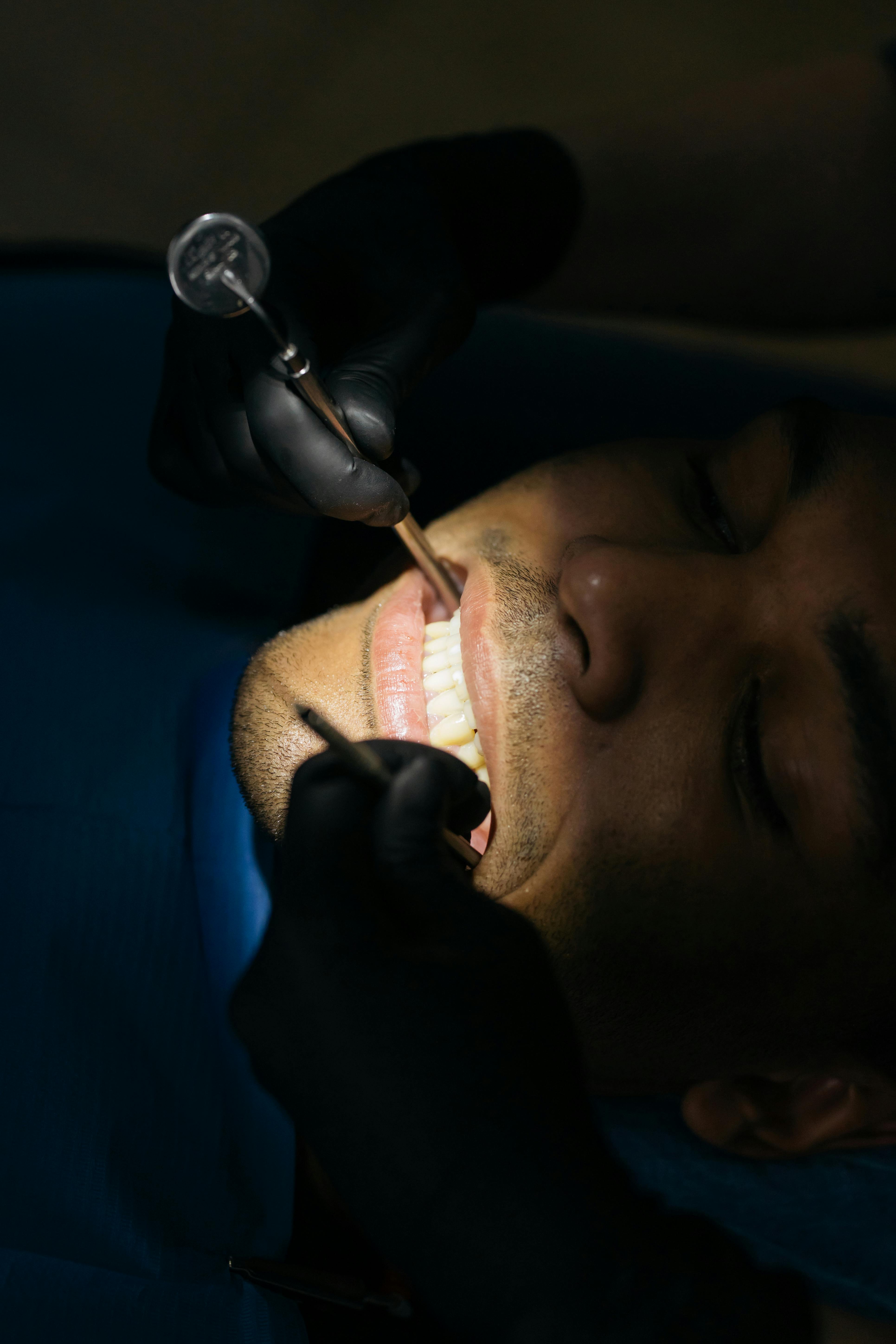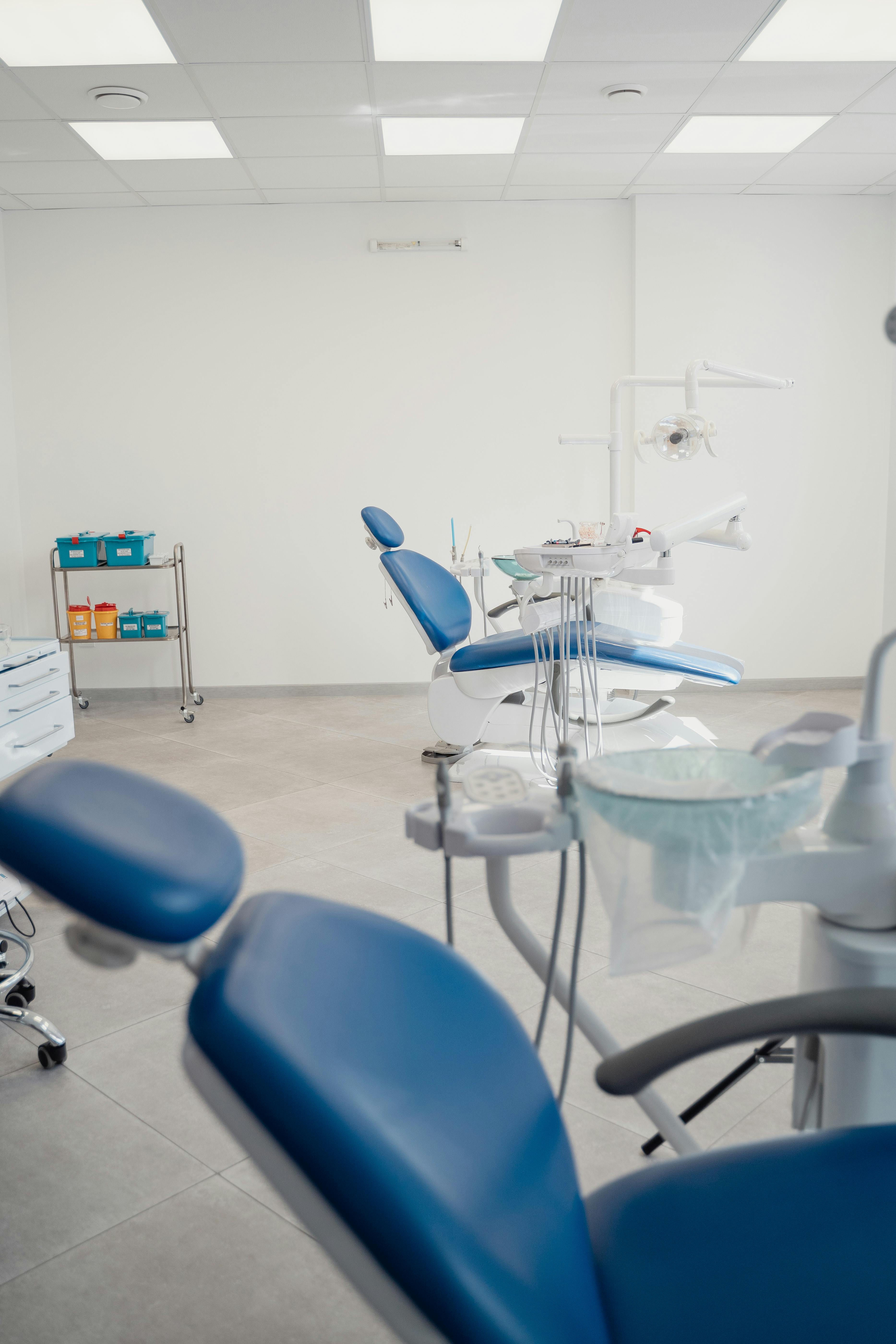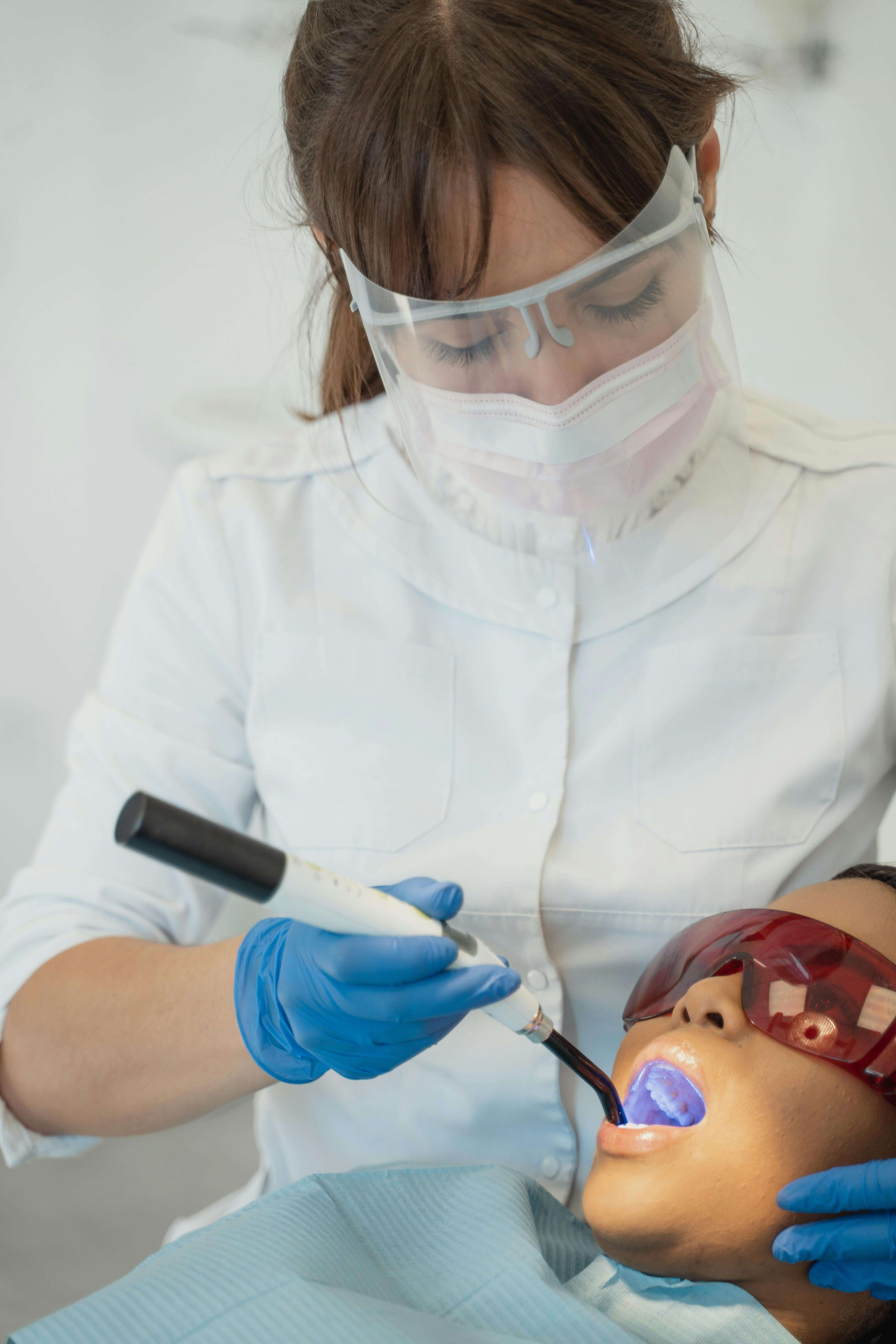The Importance of Oral Hygiene for Overall Health
Oral hygiene is often seen as just a part of our daily routine—something we do out of habit rather than necessity. However, maintaining good oral hygiene is crucial not only for keeping your teeth and gums healthy but also for ensuring your overall well-being. In this blog post, we'll explore the multifaceted benefits of good oral hygiene, the potential health risks associated with poor oral care, and practical tips to maintain a healthy mouth.
Understanding Oral Hygiene
What is Oral Hygiene?
Oral hygiene refers to the practice of keeping the mouth, teeth, and gums clean and healthy to prevent disease. This involves regular brushing and flossing to remove food particles and plaque—the sticky film of bacteria that forms on teeth. Regular dental check-ups are also essential to ensure that any potential issues are detected and treated early.
The Basics of Good Oral Hygiene
Brushing: It’s recommended to brush your teeth at least twice a day with fluoride toothpaste. Use a toothbrush with soft bristles to avoid damaging the gums.
Flossing: Daily flossing helps remove food particles and plaque from between the teeth where a toothbrush can’t reach.
Mouthwash: Using an antiseptic mouthwash can help kill bacteria that cause plaque and bad breath.
Regular Dental Check-ups: Visiting your dentist every six months for a professional cleaning and check-up is crucial for maintaining oral health.
The Connection Between Oral Health and Overall Health
Cardiovascular Health
Research has shown a significant link between poor oral hygiene and cardiovascular diseases. Bacteria from infected gums can enter the bloodstream and travel to the arteries in the heart, causing atherosclerosis (hardening of the arteries). This can lead to heart blockages, increasing the risk of heart attacks and strokes. Gum disease has also been linked to endocarditis, an infection of the inner lining of the heart.
Diabetes
People with diabetes are more prone to gum disease due to their reduced ability to fight bacteria. Conversely, severe gum disease can increase blood sugar levels, making diabetes harder to control. Maintaining good oral hygiene can help manage both conditions effectively.
Respiratory Infections
Poor oral hygiene can contribute to respiratory infections such as pneumonia. Bacteria from the mouth can be inhaled into the lungs, causing infections, especially in individuals with weakened immune systems, the elderly, or those with pre-existing health conditions.
Pregnancy Complications
Pregnant women with poor oral health are at a higher risk of developing pregnancy complications such as preeclampsia and premature birth. Gum disease can lead to systemic inflammation, which can affect fetal development. Therefore, maintaining good oral hygiene is crucial for the health of both the mother and the baby.
Alzheimer's Disease
Emerging research suggests a potential link between gum disease and Alzheimer's disease. The bacteria that cause gum disease can reach the brain through the bloodstream or nerve pathways, potentially contributing to the development of Alzheimer's.
Consequences of Poor Oral Hygiene
Tooth Decay and Cavities
Neglecting oral hygiene can lead to tooth decay and cavities. Plaque buildup produces acids that erode tooth enamel, leading to holes (cavities) in the teeth. If left untreated, cavities can cause severe toothache, infection, and tooth loss.
Gum Disease
Gingivitis, the early stage of gum disease, causes inflammation and bleeding of the gums. If not addressed, it can progress to periodontitis, a more severe form of gum disease that can result in tooth loss and damage to the jawbone.
Bad Breath
Halitosis, or bad breath, is often caused by poor oral hygiene. Food particles trapped between teeth, plaque, and bacteria can produce unpleasant odors. Regular brushing, flossing, and professional cleanings can help prevent bad breath.
Oral Cancer
Poor oral hygiene and the use of tobacco products significantly increase the risk of developing oral cancer. Regular dental check-ups can aid in early detection and improve treatment outcomes.
Tips for Maintaining Good Oral Hygiene
Proper Brushing Techniques
Duration: Brush for at least two minutes, twice a day.
Technique: Use gentle circular motions to clean all surfaces of your teeth. Pay special attention to the gumline, back teeth, and areas around fillings, crowns, or other restorations.
Toothbrush Care: Replace your toothbrush every three to four months or sooner if the bristles are frayed.
Effective Flossing
Technique: Use about 18 inches of floss, winding most of it around your middle fingers. Gently slide the floss between your teeth, curving it around each tooth and moving it up and down to remove plaque and debris.
Alternatives: If traditional flossing is challenging, consider using dental picks, pre-threaded flossers, or water flossers.
Balanced Diet
Nutrient-Rich Foods: Consume a balanced diet rich in fruits, vegetables, lean proteins, and whole grains. Foods high in calcium and vitamin D are particularly beneficial for oral health.
Limit Sugary Foods and Drinks: Reduce the intake of sugary snacks and beverages, as they can contribute to tooth decay.
Avoid Tobacco Products
Quit Smoking: Smoking and the use of other tobacco products increase the risk of gum disease, tooth loss, and oral cancer. Seek support and resources to quit if you are a tobacco user.
Regular Dental Visits
Frequency: Schedule dental check-ups and professional cleanings at least twice a year. Your dentist can detect early signs of dental problems and provide preventive care.
Communication: Inform your dentist of any changes in your oral health, such as pain, sensitivity, or bleeding gums.
Hydration
Water Intake: Drink plenty of water throughout the day to help rinse away food particles and bacteria. Staying hydrated also promotes saliva production, which is essential for neutralizing acids and protecting teeth.
Use of Fluoride
Toothpaste: Use a fluoride toothpaste to strengthen tooth enamel and prevent cavities.
Mouthwash: Consider using a fluoride mouthwash for added protection against tooth decay.
Summary points
Conclusion
Oral hygiene is a vital component of overall health that should not be overlooked. The mouth is a gateway to the rest of the body.
Oral hygiene is a vital component of overall health that should not be overlooked. The mouth is a gateway to the rest of the body.





